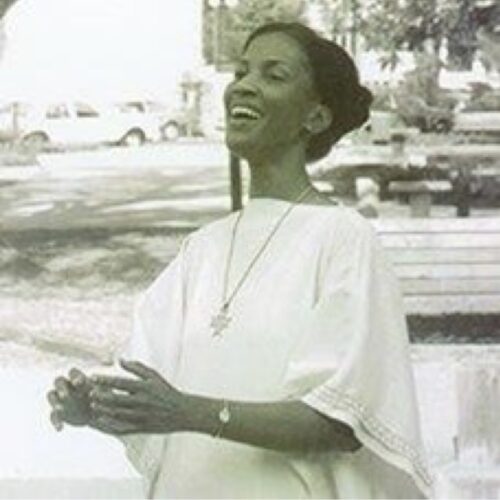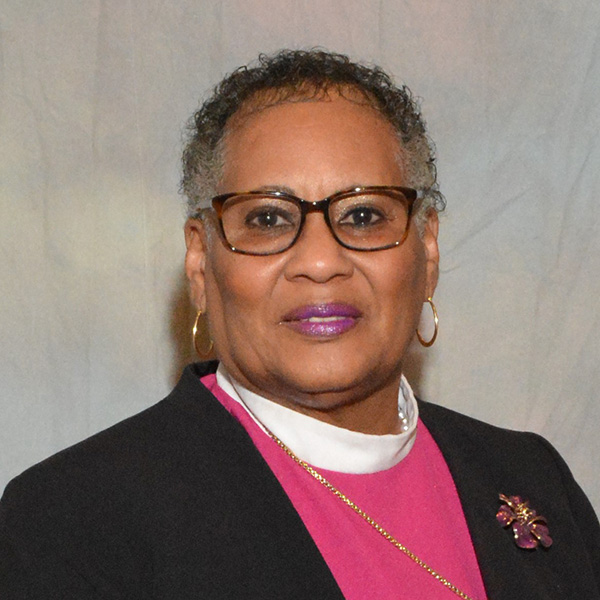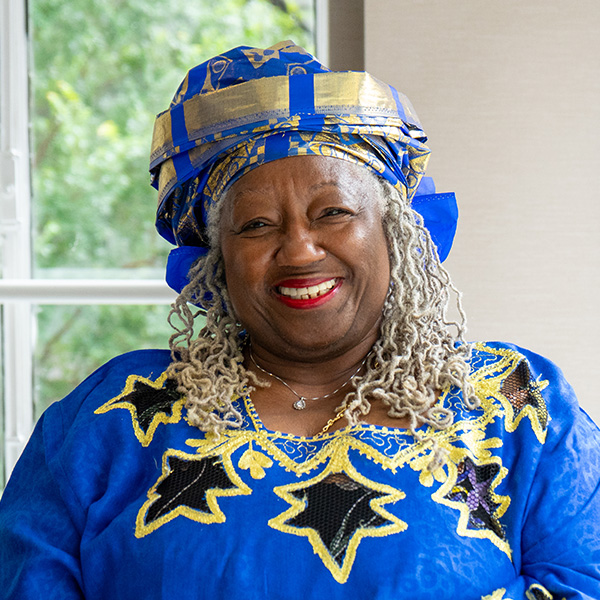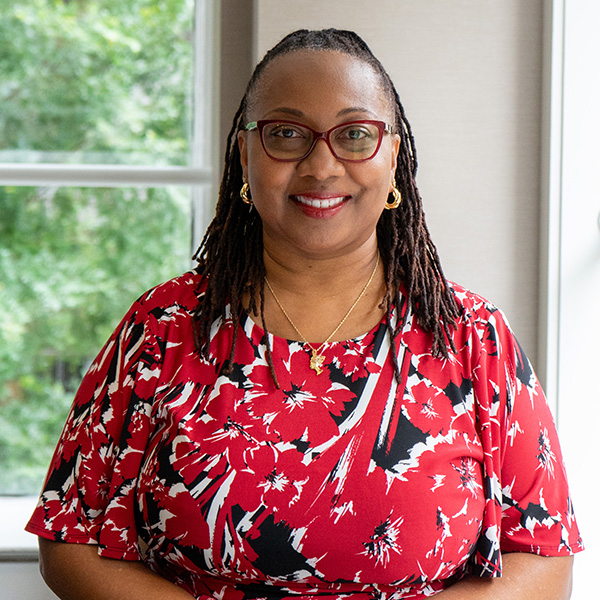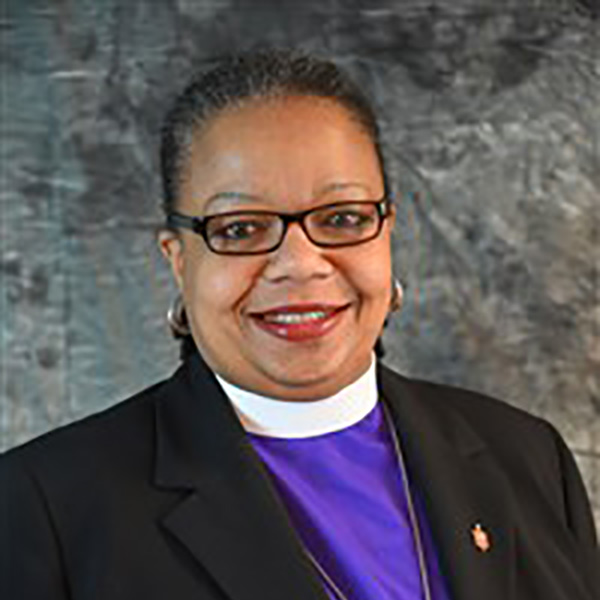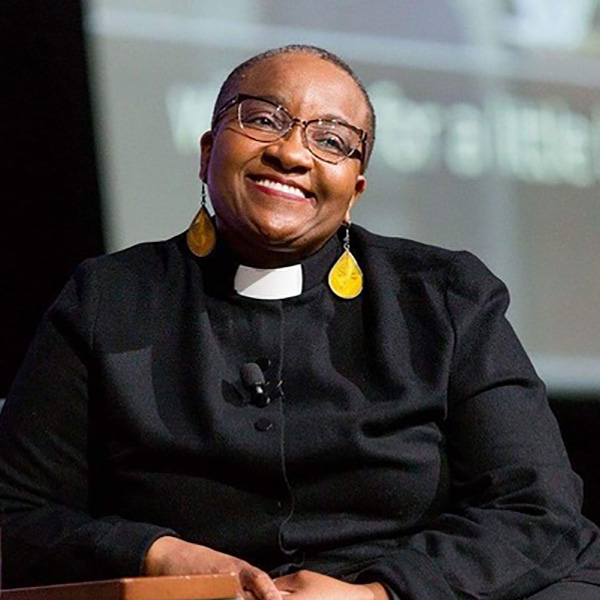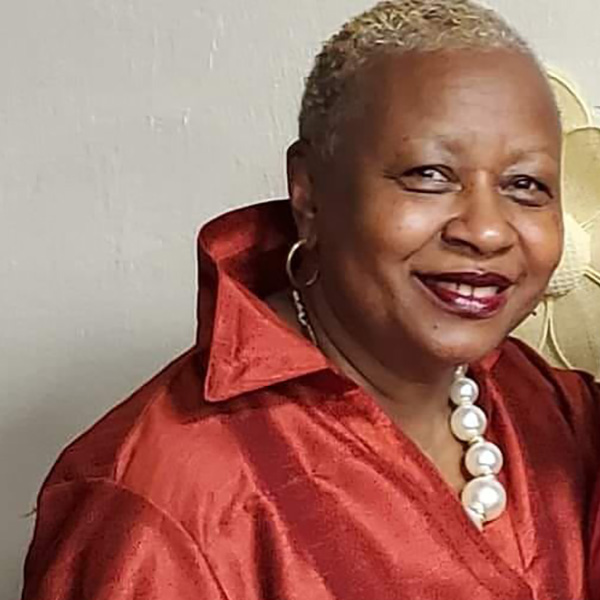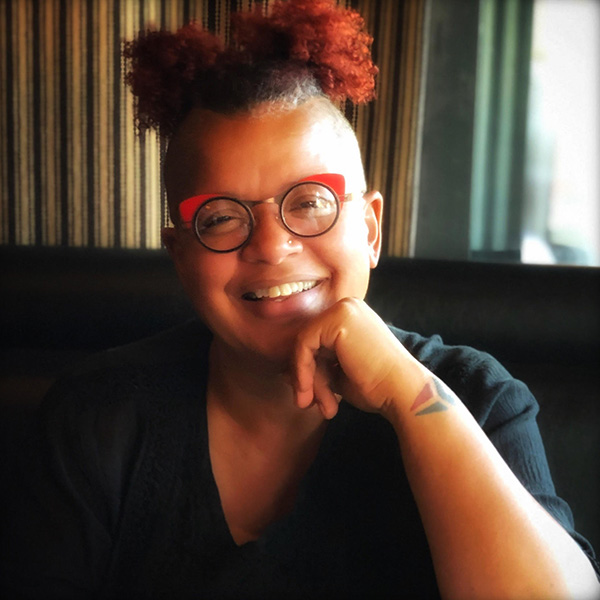Biography
Early Life
Bertha Elizabeth Bowman was the only child of Theon Bowman, a physician, and Mary Esther Bowman, a teacher. They were a Methodist family living in Yazoo City, Mississippi. When she was young, Bertha chose to become Catholic. The Franciscan Sisters of Perpetual Adoration and the Missionary Servants of the Most Holy Trinity inspired her. As a child, Bertha spent time listening to the older people in her community. They taught her about the deep spiritual and cultural traditions of African Americans. She remembered their stories, songs, prayers, customs, and traditions. One important lesson she remembered was, “If you get, give-if you learn, teach.”
When Bertha was fifteen, she talked her parents into letting her join the Franciscan Sisters in La Crosse, Wisconsin. She chose the name Mary Thea to honor the Virgin Mary and her dad, Theon. She got her Bachelor’s degree in English from Viterbo University in 1965 and later earned a Master’s and Ph.D. in English at the Catholic University of America.
Bowman started her teaching career at Viterbo in La Crosse, where she taught elementary school and college students. She later taught at Catholic University in Washington and Xavier University in New Orleans.
Bowman became well-known for blending African American spiritual traditions with Catholic church services while she was teaching. In 1976, Bishop Joseph Bernard Brunini asked her to lead the Office of Intercultural Affairs for the Diocese of Jackson in Mississippi. She accepted this role with the support of her religious group.
Bowman’s efforts to bring about change started when she was a graduate student. In 1968, she was part of the group that started the National Black Sisters Conference in Pittsburgh, Pennsylvania. This conference aims to support Black women in the Catholic Church. It was created because there was a strong need for the Catholic Church in America to connect better with Black communities.
Social Justice & Religious Activism
Bowman’s work in changing church practices became part of the Civil Rights Movement. Her role in Intercultural Affairs allowed her to expand on this work, bringing Black traditions into Catholic worship. She focused on treating all races equally and including everyone. Bowman worked to bring people from different backgrounds together, fighting against racial bias and encouraging people to understand and celebrate different cultures.
Bowman thought that prejudice and exclusion made people lose their sense of humanity. She believed strongly in living together in harmony, saying, “We have to learn to live together as brothers and sisters or perish together as fools.” For her, bringing different cultures together was important because ignoring prejudice and division had serious consequences. Bowman agreed with The Black Sisters Conference that the Catholic Church needed to show real Christian unity by embracing Black people. Through her speeches, music, and teachings, Bowman worked to spread the message that the Church should be a place of welcome and unity for everyone.
Bowman was instrumental in creating and supporting the Institute for Black Catholic Studies at Xavier University. The Institute’s goal was to empower Black Catholics with courses designed for them. It created a space where Black Catholics could explore their faith in a setting that felt familiar to them. Bowman’s work made a big difference in how the Catholic community expresses itself and connected with its members.
People still recognize Bowman’s impact. Even more than 30 years after she passed away, there are new writings about her. In 2018, there was an effort to make her a Catholic saint. This effort succeeded in the first step, officially recognizing Thea Bowman as a “Servant of God.”
